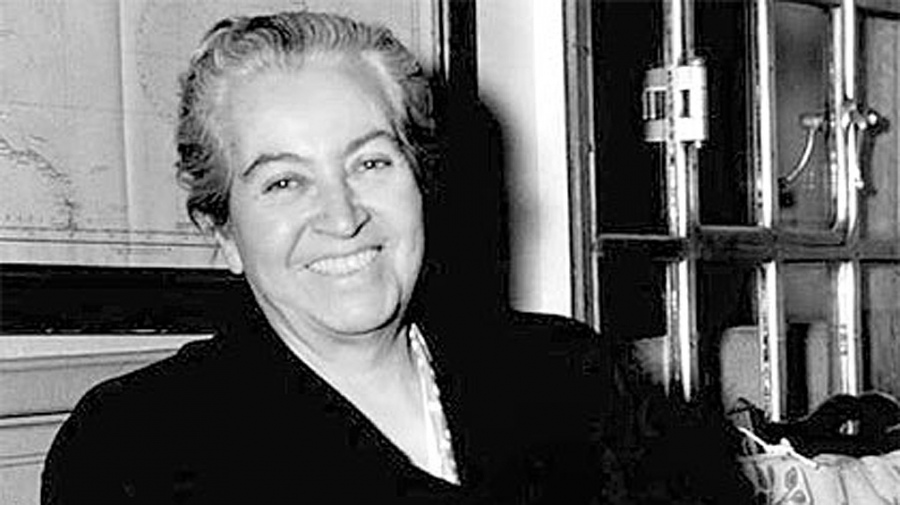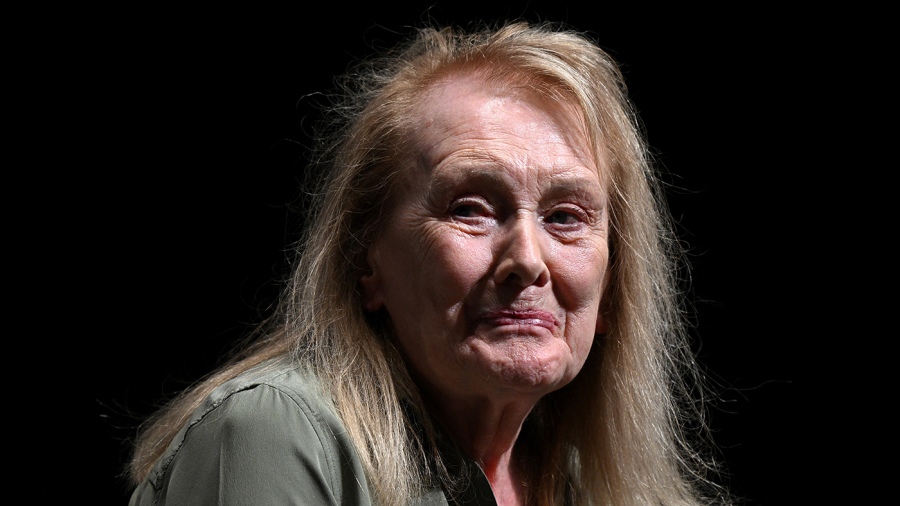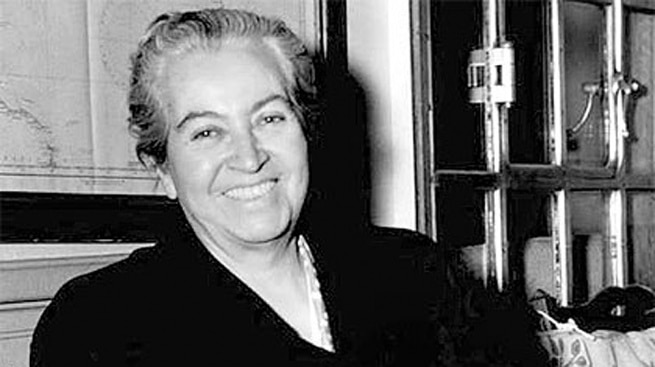 The Chilean Gabriela Mistral the only Latin American woman to obtain this award in 1945.
The Chilean Gabriela Mistral the only Latin American woman to obtain this award in 1945.
With the brand new choice of la francesa Annie Ernauxthere are only 17 women favored by the Nobel Prize for Literature -since the Swedish author obtained it in 1909 Selma Lagerlöf-, and despite the fact that in recent years the winners have become more frequent, the gender disparity is highly inequitable for the 121 years of history that the famous award has accumulated.
With a presence in the previous bets that gave her as a favorite in a computation also made up mostly of men, the author of “The Event” She becomes the fifth woman to win the award in the last decadeafter they got it the American Louise Glück in 2020, the Polish Olga Tokarczuk in 2018, the Belarusian Svetlana Aleksiévich in 2015 and the Canadian Alice Munro in 2013.
Until 1990, 93% of the winners were men, with only six exceptions. Her dominance was such that a 25-year streak without winners occurred between the German Nelly Sachs (who won the Nobel Prize in 1966) and the South African Nadine Gordimer (who won it in 1991). This gender bias, however, has been reduced. Of the last 15 winners, six have been women, 40%.
the swedish Selma Lagerlöf was the first woman to be awarded the Nobel Prize for Literature in 1909. and in 1914 he became a member of the Swedish Academy. She was the first Swedish honorary doctor of philosophy and in her work the books “The Legend of Gösta Berling” (1891) and “Invisible Ties” (1894) stand out.
Seventeen years later, the Italian novelist Grazia Deledda, author of “Honest Souls” and “The Old Man of the Mountain”, among other books, obtains the second prize awarded by the Swedish Academy; while two years later the distinction was received by the Norwegian Sigrid Undset, author of ‘A Woman’s Point of View’ (1919) and her famous masterpiece “Cristina, daughter of Lavrans”.
in 1938 the Nobel Prize for Literature went to an American: Pearl S. Buckwho wrote more than 80 books, including “The Three Daughters of Madame Liang.”
 With the French Annie Ernaux, there are only 17 women favored by the Nobel Prize for Literature.
With the French Annie Ernaux, there are only 17 women favored by the Nobel Prize for Literature.
In turn, it was the Chilean Gabriela Mistral the only Latin American woman to obtain this award in 1945 and in whose work the collection of poems “Desolation”, “White Clouds” and also a book of children’s poetry, “Tenderness”, among others, stand out.
The German Nelly Sachs (1966), the South African Nadine Gordimer (1991), the American Toni Morrison (1993) and the Polish Wislawa Szymborska (1996) They are another of the 17 women who make up the short list of distinguished writers with the Nobel Prize for Literature.
In recent years the tendency to single out men seems to have begun to change: the Austrian playwright and feminist novelist Elfriede Jelinek was elected in 2004; in 2007 it was the turn of the British nationalized Englishwoman Doris Lessingauthor of books such as “The Golden Notebook” and “Alfred and Emily”.
At the same time in 2009 the Romanian-German author of novels, poetry and essays Herta Mueller won the award that four years later would go to Canadian Alice Munro, who was defined as “master of the short story” by the Swedish Academy and is the author of collections of short stories and novels, and among her works “Too Much Happiness” and “The lives of women”.
in 2015 the award was presented to the Belarusian journalist Svetlana Alexiévich for a work that highlights her literary reports on Chernobyl, on the role of women in World War II, and also on the current situation in her country, Belarus, and Russia.
In 2018, after the controversy caused by the scandal of Jean-Claude Arnault, the husband of an academic who was accused of rape, the Nobel Prize went to the Polish Olga Tokarczuk, who obtained it “for a narrative imagination that with encyclopedic passion represents the crossing borders as a way of life” sealed in works such as “Los errantes” and “On the bones of the dead”.
Finally, in 2020 it was the turn of the American poet Louise Glück, “for her unmistakable poetic voice, which, with austere beauty, makes individual existence universal,” according to the ruling.


